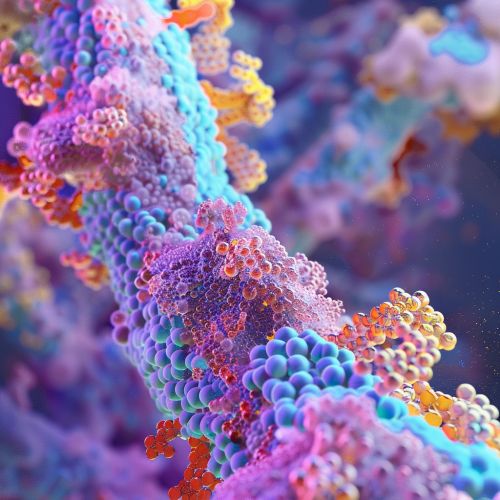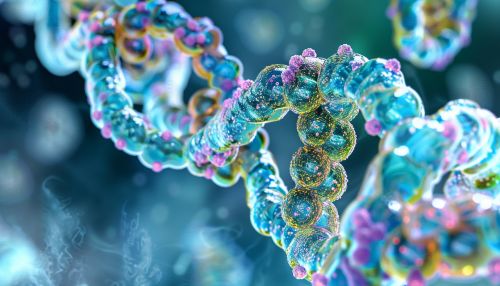Translational Repression
Overview
Translational repression is a biological process that inhibits the translation of mRNA into proteins. This process plays a crucial role in the regulation of gene expression, which is essential for the proper functioning of cells and organisms. Translational repression can occur at various stages of the translation process and involves a variety of molecular mechanisms. This article will delve into the intricacies of translational repression, its mechanisms, its role in gene expression, and its implications in various biological phenomena and diseases.


Mechanisms of Translational Repression
Translational repression can occur through several mechanisms, each involving different sets of molecular players. These mechanisms can be broadly classified into three categories: initiation, elongation, and termination.
Initiation
The initiation phase of translation is a critical control point for translational repression. During this phase, the ribosome assembles on the mRNA molecule and begins the process of protein synthesis. Several factors can inhibit this process, leading to translational repression.
One of the most common mechanisms of translational repression during initiation involves the binding of repressor proteins to the mRNA molecule. These proteins can bind to specific sequences or structures in the mRNA, preventing the ribosome from assembling and initiating translation.
Another mechanism involves the modification of the mRNA cap, a structure at the 5' end of the mRNA molecule that is essential for ribosome binding. Certain enzymes can modify or remove this cap, preventing the ribosome from binding and initiating translation.
Elongation
The elongation phase of translation involves the sequential addition of amino acids to the growing protein chain. Translational repression can occur during this phase through several mechanisms.
One mechanism involves the action of elongation factors, proteins that assist in the elongation process. Certain repressor proteins can bind to these elongation factors, preventing them from functioning and thus inhibiting translation.
Another mechanism involves the stalling of the ribosome on the mRNA molecule. This can occur due to the presence of certain sequences or structures in the mRNA that the ribosome cannot bypass.
Termination
The termination phase of translation involves the release of the completed protein from the ribosome. Translational repression can occur during this phase through the premature termination of translation.
This can occur due to the presence of premature stop codons in the mRNA sequence, which cause the ribosome to release the incomplete protein. This mechanism is often associated with genetic diseases caused by mutations that introduce premature stop codons into the mRNA.
Role in Gene Expression
Translational repression plays a crucial role in the regulation of gene expression. By controlling the translation of mRNA into protein, it allows cells to fine-tune the levels of proteins they produce.
This regulation can occur in response to various signals and conditions. For example, in response to nutrient deprivation, cells can repress the translation of mRNAs encoding proteins involved in growth and proliferation, conserving resources for essential cellular functions.
Translational repression also plays a key role in the regulation of developmental processes. During embryogenesis, for example, certain mRNAs are translationally repressed until specific developmental stages or in specific cell types, allowing for precise temporal and spatial control of protein expression.
Implications in Disease
Abnormalities in translational repression can lead to various diseases. For example, mutations that disrupt the function of repressor proteins or the sequences in the mRNA to which they bind can lead to the overexpression of certain proteins, contributing to the development of cancer.
On the other hand, mutations that introduce premature stop codons into the mRNA can lead to the production of truncated, non-functional proteins, causing genetic diseases such as cystic fibrosis and Duchenne muscular dystrophy.
Furthermore, certain viruses can hijack the translational repression machinery of the host cell to preferentially translate their own mRNAs, contributing to viral replication and pathogenesis.
